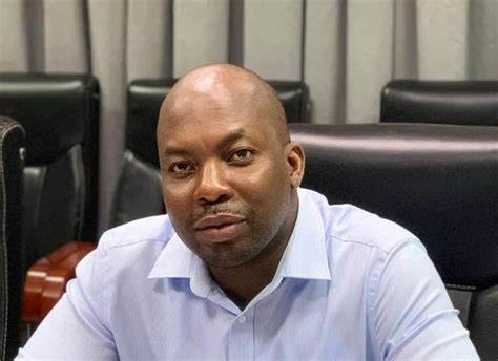Chief Executive Officer of the Independent Power Producers (IPPs), Dr. Elikplim Apetorgbor, has refuted claims that government-owned power facilities are less expensive to manage compared to private ones, asserting that Independent Power Producers offer greater operational efficiency and sustained value to Ghana’s power industry.
Speaking during a panel discussion themed “Financing the Future: Tackling Legacy Debts and Building a Resilient Energy Economy” at the 14th Ghana Economic Forum in Accra on Wednesday, October 29, Dr. Apetorgbor dismissed such assertions as “technically inaccurate,” arguing that the supposed cost gap does not reflect the true economic cost of generating electricity.
“In your intro, you mentioned that state-owned power plants are cheaper than independent power plants. That is not factual,” he said. “Many of the state-owned plants are almost at the end of their lifespan and have already recovered their capital costs, while most IPPs are newer and still recovering their investments in addition to energy charges.”
He emphasized that although the inclusion of capital recovery makes IPP tariffs seem higher, private operators employ more modern and efficient technologies, resulting in much greater energy output per unit of fuel used.
“For instance, if you give one million cubic feet of gas to a state-owned plant, it may generate about one megawatt of power. The same volume of gas to an IPP could produce up to 6.5 megawatts. That means state-owned plants could be operating at only about 25 percent of the efficiency levels of IPPs,” Dr Apetorgbor stated.
According to him, the cutting-edge systems utilized by IPPs significantly reduce fuel expenses—one of the largest cost components in electricity production—by as much as 40 percent.
On measures to ease the industry’s financial strain, Dr. Apetorgbor recommended that government monetize state-owned thermal assets to generate funds for the Electricity Company of Ghana (ECG) and help clear a portion of the sector’s long-standing debts.
He also proposed the commercialization of unused generation capacity instead of classifying it as overcapacity.
“We don’t have overcapacity; we have idle capacity. If we have contracted 200 megawatts and consume only 100, the remaining 100 can be sold to neighbouring countries that are hungry for power,” he said, adding that regulatory flexibility was needed to facilitate such cross-border sales.
On the subject of renewable energy, Dr. Apetorgbor urged policymakers to treat renewable investments as a core component of national energy security, not merely as development targets.
“Large-scale solar projects, for instance, should complement our thermal generation and shield us from the volatility of fuel supply and price hikes,” he opined.



